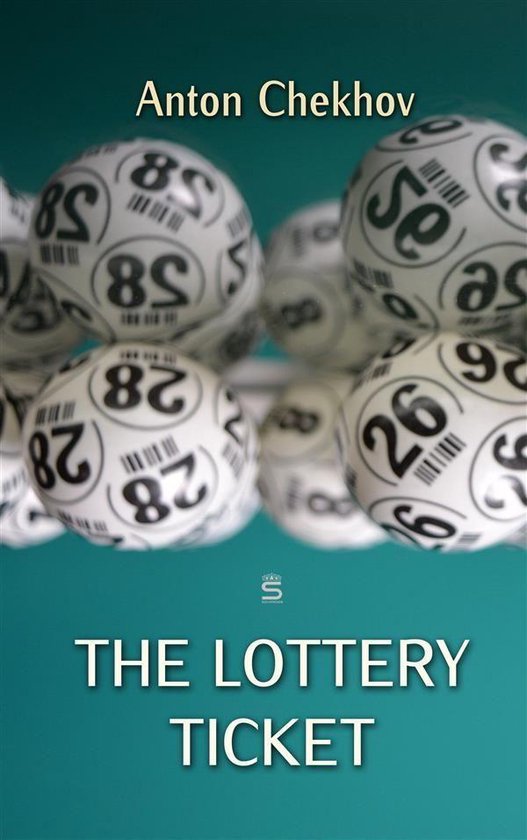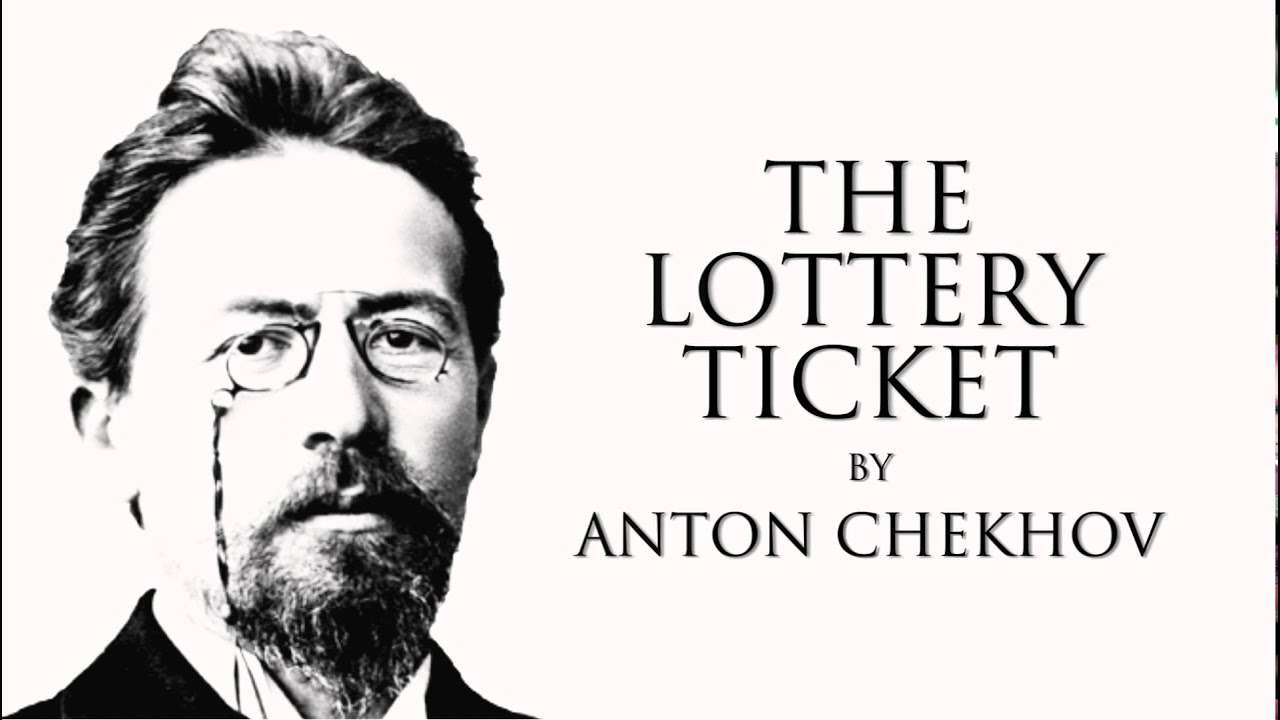Explore Anton Chekhov's "The Lottery Ticket" Summary and Analysis in MNL168
Anton Pavlovich Chekhov's short story "The Lottery Ticket" offers a profound exploration of human psychology, particularly focusing on the themes of greed, discontent, and the fragility of marital relationships. This article provides a comprehensive analysis of the narrative, examining its plot, character dynamics, thematic elements, and its enduring significance in literary discourse.


Plot Overview
The narrative centers around Ivan Dmitritch, a middle-class man content with his modest income of twelve hundred rubles per year. One evening, as he peruses the newspaper, his wife, Masha, prompts him to check the lottery results, reminding him of her ticket: Series 9,499, Number 26. Upon discovering that their series number matches the winning series, the couple becomes engulfed in fantasies about the potential seventy-five thousand ruble prize. They envision acquiring estates, settling debts, and embarking on travels. However, as their imaginations run wild, Ivan Dmitritch begins to resent the possibility of Masha solely controlling the winnings, leading to a cascade of negative emotions and mutual suspicion. Ultimately, when they realize that their specific ticket number does not match the winning number, both experience a profound sense of relief intertwined with lingering discontent.The New Yorker+2Shorts Online+2101 Bananas+2
Character Dynamics
Ivan Dmitritch is portrayed as a man generally satisfied with his life, yet susceptible to the allure of sudden wealth. His initial contentment is swiftly overshadowed by greed and envy upon contemplating the lottery windfall. Masha, his wife, serves as a catalyst in the narrative, initiating the discussion about the lottery ticket. Her own fantasies about wealth mirror Ivan's, highlighting a shared vulnerability to materialistic desires. The interaction between the couple underscores the fragility of their relationship, as the mere prospect of wealth reveals underlying tensions and mistrust.
Thematic Exploration
Chekhov masterfully delves into the theme of greed, illustrating how the mere anticipation of wealth can corrupt individuals' perceptions and relationships. The story also examines discontent, revealing how the allure of a better life can lead to dissatisfaction with one's current circumstances. Furthermore, the narrative exposes the precarious nature of marital harmony, suggesting that external factors, such as the prospect of financial gain, can unearth latent conflicts and insecurities.
Literary Significance
"The Lottery Ticket" remains a pertinent exploration of human nature, resonating with readers across temporal and cultural boundaries. Chekhov's incisive portrayal of the psychological turmoil induced by the prospect of sudden wealth serves as a cautionary tale about the perils of greed and the importance of contentment. The story's enduring relevance is a testament to Chekhov's profound understanding of the human condition and his ability to encapsulate complex emotions within a concise narrative.en.wikipedia.org+1Shorts Online+1
Conclusion
Anton Chekhov's "The Lottery Ticket" offers a compelling examination of the human psyche, unraveling the complexities of greed, discontent, and marital dynamics. Through the experiences of Ivan Dmitritch and Masha, the narrative elucidates how the mere prospect of wealth can disrupt personal equilibrium and interpersonal relationships. Chekhov's story serves as a timeless reminder of the virtues of contentment and the potential pitfalls of succumbing to materialistic temptations.


